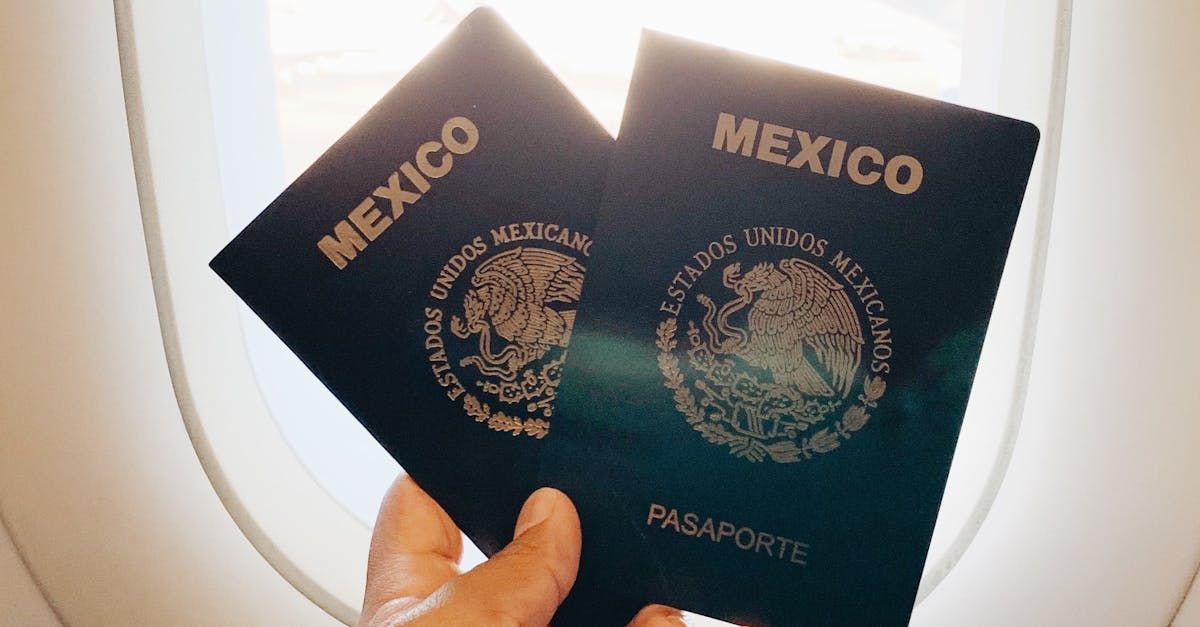Immigration Services
Empowering Hope Partners is dedicated to assisting individuals and families navigating the complexities of immigration. Our organization's aim is to support our clients in their journey towards establishing a stable and secure life in a new country, providing comprehensive supportive aid and community integration programs.
According to the Migration Policy Institute (MPI), the challenges faced by immigrants are diverse, impacting individuals from various backgrounds, each carrying unique stories and reasons for migration. Such complexities underline the necessity of offering specialized and supportive services tailored to individual needs, ensuring successful integration and empowerment.
Our organization was founded to address these specific needs, and we are committed to alleviating the challenges faced by immigrants through dedicated support, advocacy, and community-building efforts.












